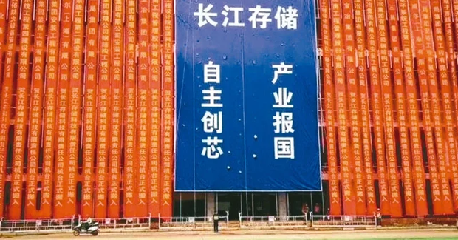![]()
The Chinese government is believed to have held an emergency meeting of the semiconductor industry to discuss how to deal with the latest U.S. government export controls on chips and technology.
Bloomberg News reported on Thursday (October 20, 2022) that China's Ministry of Industry and Information Technology has convened several emergency meetings over the past week to assess a major recent announcement by the Biden administration with the executives of some of China's major semiconductor manufacturers. The possible impact of export control measures and the corresponding measures are discussed.
The report said that many participants believed that the US export control measures would seriously harm the interests of the industry. They also discussed China's ambitions to decouple its economy from U.S. technology.
Chinese President Xi Jinping pointed out in his political speech at the 20th National Congress of the Communist Party of China on Sunday (October 16) that technology is the primary productive force, and called for self-reliance in high-tech development to win the battle for "key core technologies".
In a statement last week, the China Semiconductor Industry Association accused the U.S. Department of Commerce of using technology export controls to disrupt international trade in a "very arbitrary" way, saying "this unilateral policy will not only further damage the global semiconductor industry." The supply chain, and more importantly, it will create an uncertain industrial atmosphere, which will have a huge negative impact on the spirit of mutual trust and friendly cooperation that has been cultivated by the global semiconductor industry practitioners over the past few decades."
The Chinese Ministry of Commerce called the U.S. approach a typical "technological bullying", which seriously hindered normal economic and trade exchanges between Chinese and American companies and seriously threatened the stability of the global industrial chain and supply chain.
U.S. officials say the restrictions are necessary to counter China’s exploitative economic and industrial policies, protect U.S. innovation from predatory Chinese practices, and ensure that advanced U.S. technology is not used by the Chinese government against its own people , bullying other countries, or threatening the national security of the United States.

